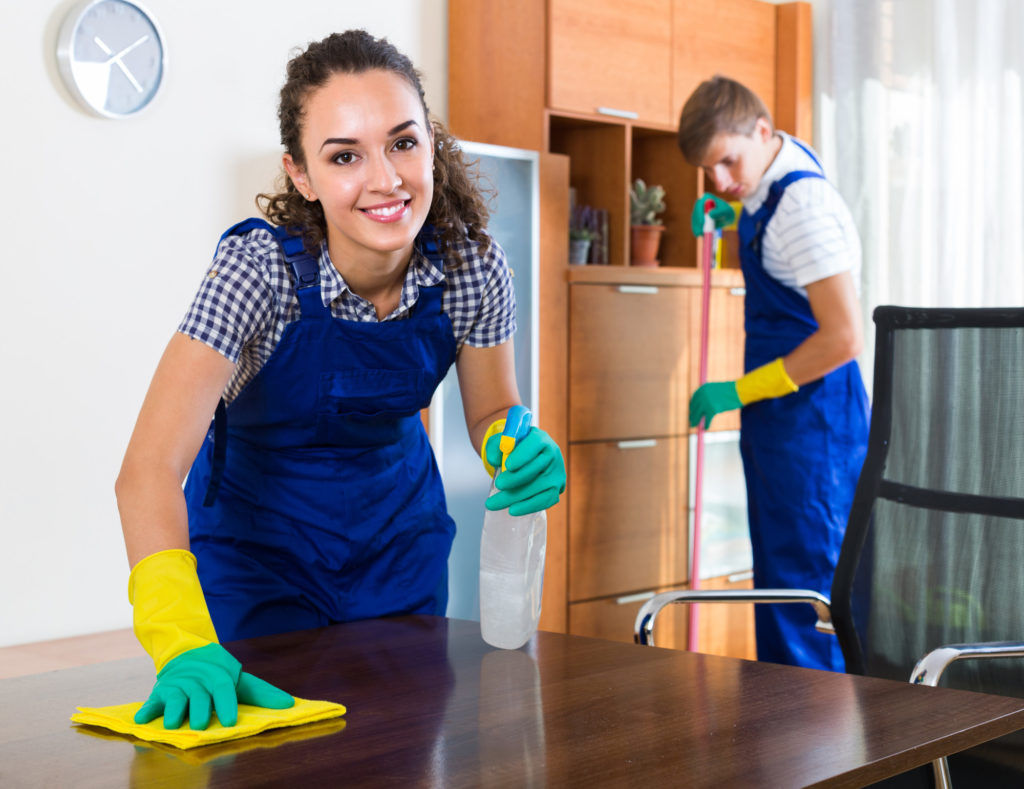
Understanding Various Cleaning Certifications and Standards
In today’s highly competitive market, business owners continually seek ways to stand out and assure their customers of top-tier services. One method that’s become increasingly vital is proving the commitment to cleanliness and hygiene, especially in industries directly impacting human health and well-being. A major way businesses can showcase their dedication to cleanliness is through achieving recognized cleaning certifications and adhering to established standards.
Why Cleaning Certifications Matter
Cleaning certifications aren’t just arbitrary badges to flaunt. They represent a business’s dedication to maintaining a clean and safe environment. For customers, these certifications can be a deciding factor, demonstrating that the business takes health and hygiene seriously. For employees, it ensures a safe workplace. Additionally, adhering to recognized cleaning standards can mitigate the risk of violations during inspections.
Common Cleaning Certifications and Their Importance
- ISSA’s Cleaning Industry Management Standard (CIMS)
- Overview: Offered by the International Sanitary Supply Association (ISSA), the CIMS certification is widely recognized and covers the primary characteristics of a successful, quality cleaning organization.
- Significance: Achieving CIMS certification reflects a business’s commitment to efficient operations and customer satisfaction.
- Green Seal Certification
- Overview: This certification focuses on eco-friendly cleaning. A business with Green Seal Certification uses sustainable cleaning products and practices, ensuring reduced environmental impact.
- Significance: It’s a nod to eco-conscious consumers and reflects the business’s commitment to sustainable operations.
- OSHA Outreach Training Program
- Overview: While not strictly a cleaning certification, the Occupational Safety and Health Administration (OSHA) training ensures that janitorial staff and other employees understand and adhere to safety standards.
- Significance: This training reduces workplace hazards and ensures compliance with safety regulations.
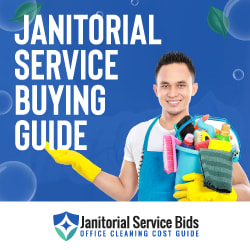
Adopting Cleaning Standards
Beyond certifications, it’s essential to be informed about and adhere to industry-specific cleaning standards. For instance, restaurants must adhere to food safety and hygiene standards, while medical facilities need to comply with stringent disinfection protocols.
Global Risk Advisory Standards (GRAS) and the Centers for Disease Control and Prevention (CDC) provide comprehensive guidelines on cleaning, sanitization, and disinfection. Familiarizing oneself with these standards and implementing them can significantly elevate the service quality.
Different industries have varied requirements and guidelines, each aimed at safeguarding both consumer and employee health while maintaining the integrity of the service or product. Let’s delve into a few sector-specific standards and understand why they matter.
Restaurants and Food Service
- FDA Food Code: Enforced by local, state, and territorial authorities, it provides guidelines on food safety and sanitation for restaurants and similar establishments.
- HACCP (Hazard Analysis Critical Control Point): Focuses on identifying, monitoring, and managing key activities that pose a risk to food safety.
Why They Matter: Ensuring that food is prepared, handled, and served in a sanitary environment is non-negotiable. Violations can not only lead to potential health risks for patrons but can also result in legal repercussions and tarnish brand reputation.
Hotels and Hospitality
- The Global Biorisk Advisory Council’s GBAC STAR Accreditation: Recognized as the gold standard of safe facilities, it provides third-party validation to ensure the implementation of rigorous sanitation protocols perfect for hotel cleaning.
Why They Matter: Given the high footfall and varied guest needs, maintaining a visibly clean and hygienically safe environment enhances guest confidence and satisfaction, thereby promoting loyalty and positive reviews.
Healthcare Facilities
- AORN Guidelines for Perioperative Practice: Designed for operating rooms but widely adopted, these guidelines detail stringent cleaning, sterilization, and disinfection practices.
- Joint Commission Standards: Pertaining to infection prevention and control, they are vital in maintaining a safe healthcare environment.
Why They Matter: Given the vulnerability of patients and the paramount need for sterile environments, adhering to stringent cleanliness protocols minimizes the risk of healthcare-associated infections and ensures regulatory compliance.
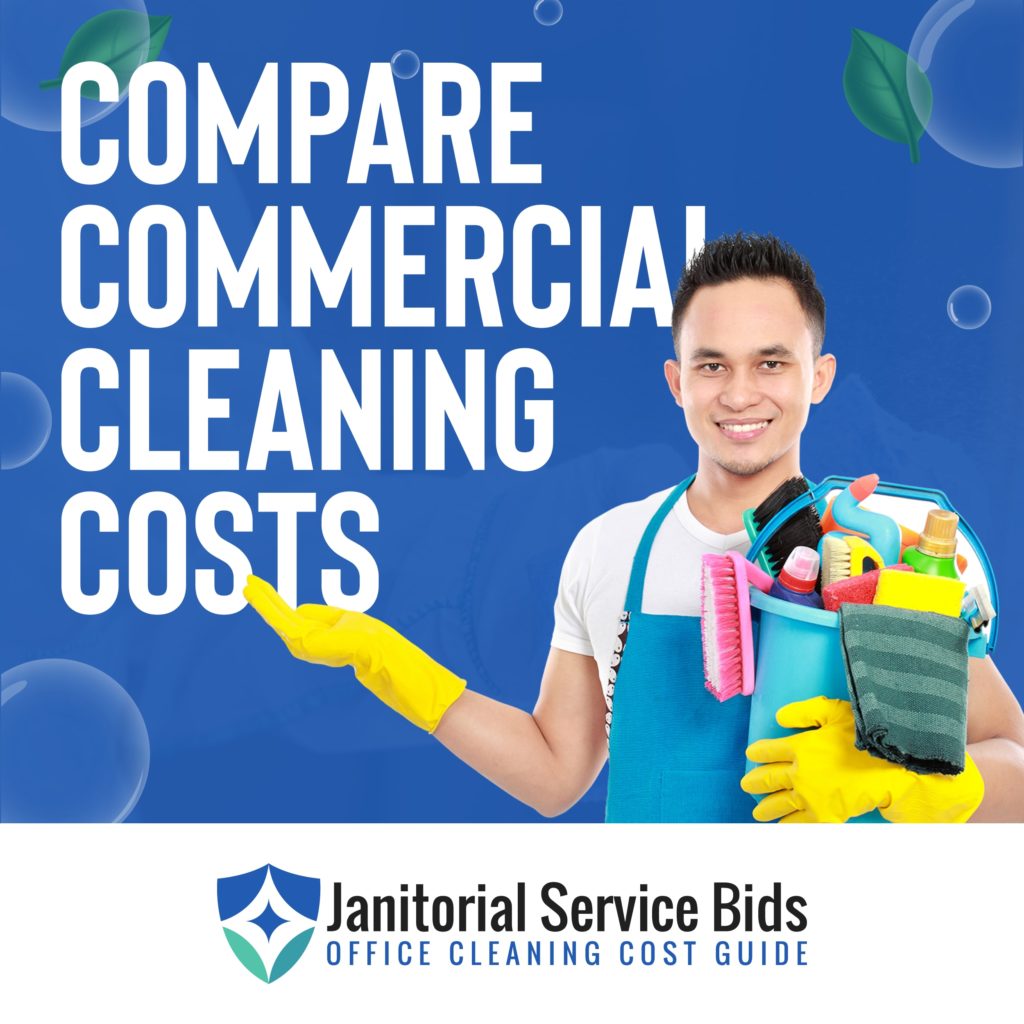
Educational Institutions
- APPATM’s Custodial Staffing Guidelines: Aimed at maintaining cleanliness at educational facilities, they offer guidelines for tasks, frequencies, and staffing levels.
- EPA’s IAQ Tools for Schools: Guides schools on addressing indoor air quality issues and implementing proactive measures.
Why They Matter: Safe, clean, and conducive learning environments are foundational in promoting student wellbeing and are often viewed as a reflection of an institution’s commitment to its students and staff.
Retail Stores
- NRF’s Operation Open Doors: While not entirely cleanliness-focused, this guideline does provide direction on sanitation practices crucial for retail stores.
Why They Matter: In retail, where customer interaction with products is high, maintaining a clean environment is vital to ensure customer safety and encourage in-store engagement.
Adhering to industry-specific standards isn’t merely a compliance requirement. It’s a tangible demonstration of a business’s commitment to its customers and employees. Regular and thorough cleaning, informed by these standards and potentially supplemented by professional janitorial services, becomes an investment in building trust, promoting safety, and safeguarding a business’s longevity and reputation.
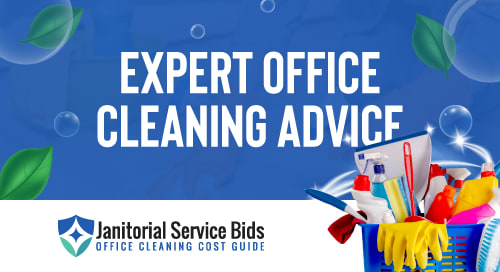
Navigating Through the Multifaceted World of Janitorial Services
In the current global context where cleanliness has become a paramount concern, understanding the nuances of janitorial services is crucial for business owners to ensure safe and hygienic environments. Whether you manage a bustling hotel, a dynamic office space, or a cozy cafe, tailoring your cleaning protocols to your specific needs is pivotal. Let’s dive into some core types and aspects of janitorial services to consider.
1. Disinfection Vs. Sanitization: What’s the Difference?
- Disinfection: This involves the use of chemicals designed to kill germs and bacteria on surfaces and objects. This doesn’t necessarily clean dirty surfaces or remove the germs, but by killing them, it lowers their numbers and thus the risk of spreading infection.
- Sanitization: Generally refers to reducing the bacteria identified on the product’s label on surfaces and in laundry. The process might not kill all viruses and bacteria, especially dangerous ones, but reduces them to a level considered safe by public health standards.
Understanding the distinction and employing both practices where applicable, like disinfecting high-touch surfaces and sanitizing areas where food is prepared, is vital for maintaining a healthy environment.
2. Commercial Cleaning: A Deeper Dive
- General Cleaning: This involves everyday cleaning tasks such as dusting, vacuuming, mopping, and cleaning bathrooms and kitchen areas. It’s aimed at maintaining a clean and tidy environment and is usually carried out on a regular basis.
- Deep Cleaning: This is a detailed cleaning process where every nook and cranny of a space is cleaned thoroughly. It’s not performed as regularly as general cleaning but is crucial to ensure that areas that aren’t cleaned daily are also maintained.
3. Specialized Janitorial Services
- Window Cleaning: Professional window cleaning ensures clarity and cleanliness, projecting a good image, and preventing damages like scratches, etches, and hard water stains.
- Carpet Cleaning: Professional carpet cleaning not only ensures that your carpets are visually appealing and smell fresh but also can prolong their lifespan and contribute to better air quality.
4. Emergency Clean-up Services
In instances of unforeseen mishaps, like a pipe burst, fire, or any other accident that requires immediate cleaning, emergency cleanup services are crucial. This not only helps to mitigate further damage but also swiftly restores normalcy.
5. Eco-friendly Cleaning
With a rise in environmental awareness, employing green cleaning practices involves the use of products and methods that are environmentally friendly and preserve health while maintaining quality cleaning services.
6. Industry-Specific Cleaning
Certain industries, like healthcare, require specialized cleaning services that adhere to strict protocols and utilize specific products designed to ensure a safe and sanitary environment.
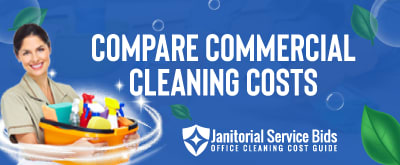
Choosing the right combination of janitorial services is pivotal in maintaining a clean, safe, and welcoming environment. It not only protects the individuals who visit and use the space but also potentially prolongs the lifespan of certain items and areas within your business space.
Leveraging Certifications for Business Growth
Achieving and maintaining cleaning certifications does require time, effort, and sometimes financial investment. However, the returns, in terms of trust, credibility, and potential market growth, can be substantial. Display these certifications prominently on your premises and marketing materials. Highlight them during discussions with potential clients or stakeholders. These certifications can serve as a testament to your dedication to excellence and set you apart from competitors.
Here’s how businesses can leverage their cleanliness certifications and standards for growth:
1. Enhance Customer Trust
Being certified gives your business an official stamp of approval, signaling to customers that you prioritize their health and safety. By prominently displaying certifications in-store, on your website, or on social media, you reassure customers of your commitment to high standards. A business that values customer safety and well-being will invariably gain the trust of its patrons.
2. Differentiate from the Competition
In industries where competition is stiff, being able to distinguish your business is crucial. Having recognized certifications can set your business apart. It provides an edge, demonstrating to customers that your business isn’t just about offering products or services, but also about delivering them in the safest environment possible.
3. Strengthen Brand Reputation
News, both good and bad, travels fast in the digital age. While a lapse in standards can result in bad press, consistently upholding cleanliness standards can lead to positive reviews and testimonials. Encourage satisfied customers to leave reviews or share their positive experiences, especially relating to the cleanliness and safety of your establishment.
4. Opportunities for Collaborations
Other businesses, especially those in the health and wellness sectors, may seek partnerships with establishments that uphold high cleanliness standards. Being certified can open doors to collaborations, events, or joint promotions, widening your reach and increasing business opportunities.
5. Benefit from Premium Pricing
In many cases, customers are willing to pay a premium for products or services if they are assured of their safety and quality. By maintaining a pristine environment backed by recognized certifications, businesses can justify premium pricing, adding an additional revenue stream.
6. Reduced Legal and Insurance Liabilities
Businesses that adhere strictly to cleanliness standards and are certified reduce their risk of facing health-related lawsuits. Additionally, having certifications can sometimes lead to reduced insurance premiums since the business is seen as a lesser risk.
7. Attract Top Talent
Employees want to work in environments where their safety is prioritized. By adhering to top cleanliness standards, businesses can attract and retain top talent who value employers who prioritize such standards.
Capitalizing on Cleanliness Certifications
Cleanliness certifications are not just badges of honor. They’re powerful tools that businesses can leverage for growth, reputation management, and establishing a strong market presence. As you aim to integrate these standards into your business operations, remember the dual benefits they bring – safeguarding both your patrons and your business’s future.
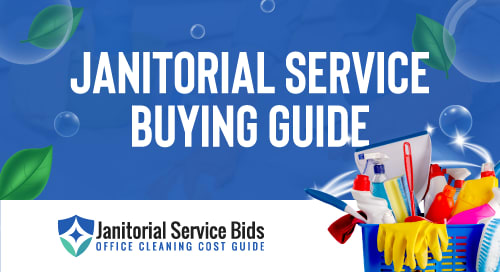
Navigating the Future with a Clean Slate
While achieving and leveraging cleanliness certifications and standards can be a pivotal point for a business, it’s also crucial to maintain this standing through ongoing commitment and regular evaluations. For businesses, especially those with high foot traffic like restaurants, hotels, and various other commercial establishments, maintaining cleanliness is a continuous effort.
Involving Your Team
Ensuring your team understands the importance of maintaining these standards is key. Regular training sessions and briefings about the significance and the practices of cleanliness can embed these principles into your daily operations. Furthermore, creating a culture that values and recognizes employees for upholding these standards can go a long way in sustaining them.
Customer Engagement and Feedback
Actively involve your customers in your cleanliness journey. Keep them informed about the measures and protocols you have in place through various communication channels. Customer feedback is invaluable – create platforms or channels where they can easily share their thoughts or suggestions about your practices. This not only aids continuous improvement but also enhances customer involvement and loyalty.
Consistency is King
Consistency in maintaining the standards that earned you your certifications is paramount. Regular audits, either internal or through third-party agencies, can ensure that your business is consistently operating at the set standards. Establish a routine check and maintenance schedule to uphold your cleanliness and safety practices.
Technology and Innovation
Embracing technological advancements and innovative solutions in maintaining cleanliness can also elevate your standards. From using smart devices that monitor hygiene levels to adopting new cleaning technologies, stay abreast of innovations that can enhance your cleanliness and efficiency.
Transparency and Communication
Being transparent about your practices and the standards you maintain builds credibility. Regularly communicate any new practices, certifications, or partnerships related to cleanliness and safety to your customers and stakeholders through newsletters, blogs, or social media.
A Clean Path Forward
Navigating the future of your business with a clear focus on cleanliness and customer safety can pave the way for sustainable growth and success. While the journey towards achieving and maintaining cleanliness certifications and standards might require diligent efforts and investment, the dividends it pays in terms of customer trust, brand loyalty, and business sustainability are immensely valuable.
While our expertise lies in offering top-notch janitorial services, our goal with this article is to empower business owners with the knowledge needed to elevate their standards and offerings. Cleanliness, hygiene, and safety are more than just operational aspects; they are crucial facets of your brand image and value proposition. Should you need assistance or consultation regarding cleaning standards or wish to understand how janitorial services can aid in meeting these standards, we’re here to guide and support you.

Leave a Reply